Evening Primrose Oil Benefits, Uses, Dosage, & Side Effects
Enjoy the soothing scent of this oil as you get relief from breakouts and pain.
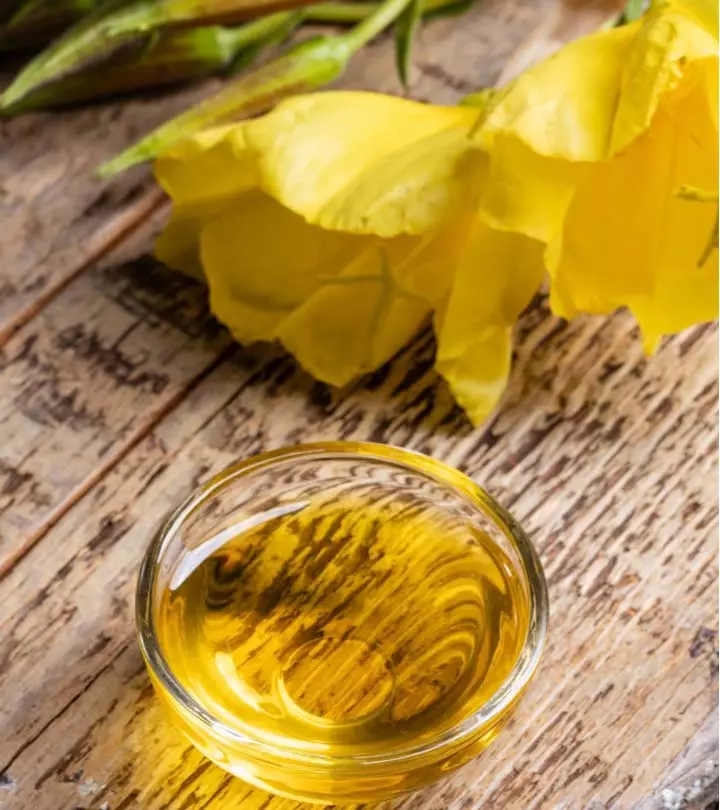
Image: Shutterstock
Evening primrose oil benefits as a dietary supplement are slowly gaining attention. The oil is extracted from the seeds of Oenotherabiennis, a plant native to North America. This oil is rich in antioxidants. It can relieve pain and combat inflammation. Evening primrose oil can be applied directly to the skin and contains gamma-linolenic acid and other antioxidants. Continue reading to know more about evening primrose oil’s usage, dose, benefits, and potential risks.

 Know Your Ingredient: Evening Primrose Oil
Know Your Ingredient: Evening Primrose OilWhat Is It?
Oil extracted from the seeds of the evening primrose flower.
What Are Its Benefits?
It may help treat skin conditions like acne and dermatitis, improve heart health, reduces pain, and promotes hair growth.
Who Can Use It?
Anyone who is not allergic to it can use it.
How Often?
You can use it or consume it daily in moderation.
Caution
Avoid using evening primrose oil if you experience any digestive problems or headaches.
In This Article
What Is Evening Primrose Oil?
This oil is extracted from the seeds of evening primrose. The plant is also referred to as evening star and sun drop, and belongs to the Onagraceae family. It has yellow flowers that open at sunset and close during the day. Its leaves are used to treat stomach issues, sore throat, and hemorrhoidsi A condition where the rectum and anus veins are swollen and irritated, resulting in pain and bleeding. . Each part of the plant is edible.
 Did You Know?
Did You Know?Evening primrose was known as the ‘king’s cure-all’ after becoming a popular folk remedy in Europe in the 17th century.
The antioxidants and omega-6 fatty acids in evening primrose oil help improve skin health and treat many ailments. Continue reading to know the oil’s health benefits.
Key Takeaways
- Evening primrose oil can treat acne and promote hair growth.
- You may experience headaches and gastrointestinal issues if you use an excessive amount of it.
- It should be avoided during pregnancy.
Benefits Of Evening Primrose Oil
1. Helps Treat Acne
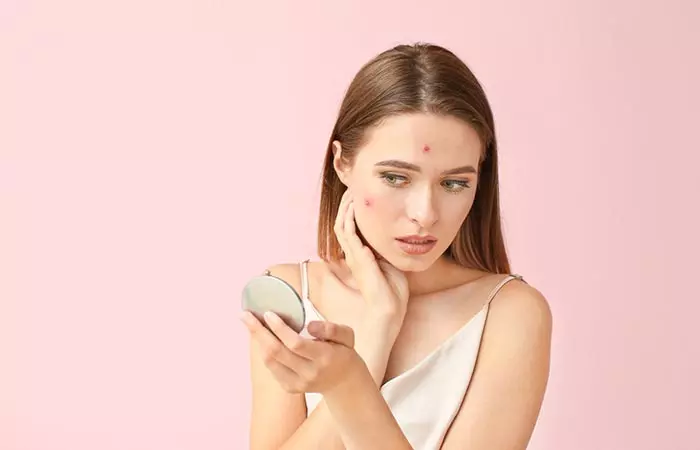
Using evening primrose oil for skin may help combat acne and keep signs of aging at bay. It contains gamma-linolenic acid (GLA) that helps improve skin moisture and shows anti-aging effects by reducing water loss through skin. This omega-6 fatty acid has anti-inflammatory properties and may also improve skin barrier function (1) (2). A study suggests that a combination of omega-3, 6, and gamma-linolenic acid has the highest potential to minimize inflammatory skin conditions like acne, psoriasisi A non-contagious autoimmune disorder where skin cells accumulate and develop into scales and dry, itchy areas. , and atopic dermatitisi An inflammatory, itchy skin condition usually manifests as rashes on the arms and behind the knees. (2).
Evening primrose oil was also found to treat xerotic cheilitis (chapping of lips) in people with acne who were being treated with oral isotretinoin (a retinoid) (1). However, more studies are needed in this regard.
Diana, a YouTuber, shared her experience of consuming evening primrose oil capsules to improve her cystic acne. She tried it for 4 months and said, “In that period of time i almost never got a cystic acne. There was an occasional cysts coming, but it was reduced like by 80 percent. My skin overall improved a little bit (i).”
2. May Ease Atopic Dermatitis
Evening primrose oil contains 72% linoleic acid and 10% gamma-linolenic acid. Its oral supplementation may reduce eczema or atopic dermatitis (red and itchy skin) (3). A review published in Annals of Dermatology also backs this claim (4). However, not all studies have shown similar results. Hence, further trials are needed.
3. May Relieve PMS Symptoms
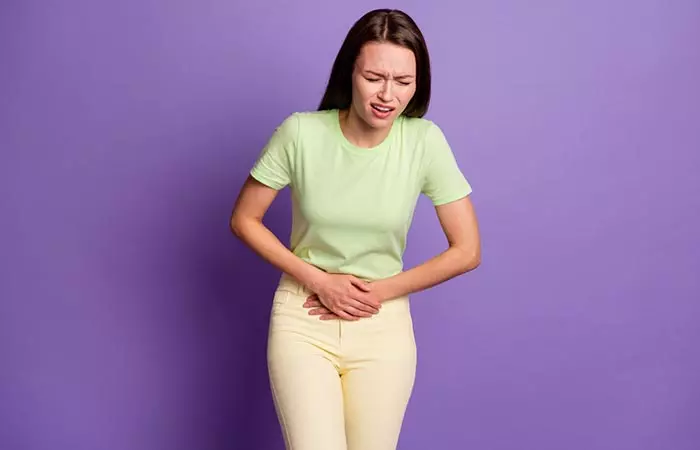
Taking two capsules (500 mg) of evening primrose oil twice a day for six weeks was found to decrease the intensity of hot flashes (5). Similarly, a review published in the Journal of Menopausal Medicine found that taking 1000 mg capsules twice a day may reduce the frequency and severity of night sweats (6). The gamma-linolenic acid in evening primrose oil may also treat depression, irritability, and breast pain and tenderness associated with premenstrual syndrome (7). Besides, taking a supplement containing vitamin E, vitamin B6, and evening primrose oil may also relieve PMS symptoms (8).
4. May Improve Heart Health
Supplementing evening primrose oil through diet was shown to decrease vascular thrombogenesis (blockage in blood vessels) in rabbits (9). Besides, the omega-6 fatty acids in evening primrose oil are also known to reduce the risk of cardiovascular disease. The oil was found to improve cardiac recovery in hypercholesterolemic (high blood cholesterol levels) rats (10). However, more human studies are warranted to understand this benefit of evening primrose oil.
5. May Minimize Nerve Pain
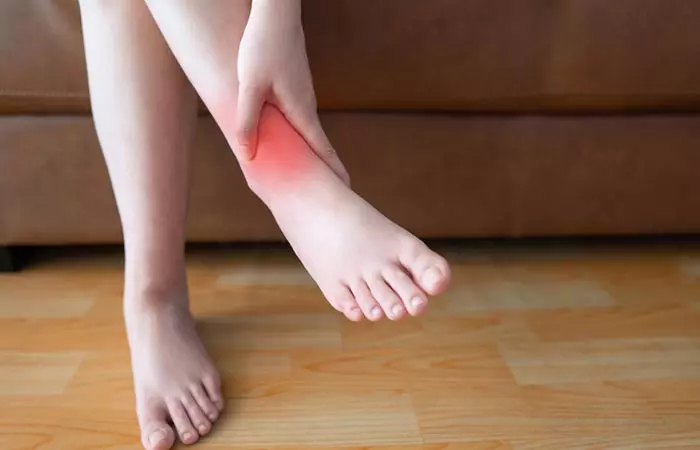
Nerve pain is commonly associated with diabetic neuropathy. Ingesting 360 mg of gamma-linolenic acid may help prevent and treat diabetic polyneuropathy (11). The omega-6 fatty acid and linolenic acid in evening primrose oil may also treat nerve disturbances (12). Besides, linolenic acid deficiency may cause weakness, numbness, blurred vision, and inability to walk (13).
6. May Reduce Osteoporosis Risk
Experts predict that osteoporosis-related fractures may increase health care expenditure by 25.3 billion dollars by 2025 (14). A diet rich in polyunsaturated fats (PUFAs) may help reduce the risk of osteoporosis in women post menopause who are on hormonal therapy (15). Evening primrose oil is rich in these fats and linolenic acid, and was found to improve bone mineral density among older people (16). Besides, a combination of evening primrose, fish oil, and calcium may improve bone density and decrease bone loss (17). However, more studies are warranted to understand the benefit of evening primrose oil.
7. May Reduce Rheumatoid Arthritis Symptoms

Rheumatoid arthritis (RA) is an autoimmune and inflammatory disease that affects the joints. A study conducted by Australian Catholic University, Australia, found that gamma-linolenic acid from evening primrose oil may help relieve symptoms of rheumatoid arthritis (18). Taking 540 mg/day of gamma-linolenic acid through a diet for six months was found to improve the condition (19). Besides, the anti-inflammatory properties of evening primrose oil may help reduce the inflammation associated with rheumatoid arthritis (20).
8. Helps With Hair Growth
Incorporating evening primrose oil for hair loss into your hair care routine can lead to fuller, more resilient hair over time. Evening primrose contains arachidonic acid (omega-6 polyunsaturated fatty acid), which has been found effective in promoting hair growth (21), (22). This fatty acid was shown to enhance the proliferation of follicles and their survival. However, more studies are needed to understand the benefit of evening primrose oil.
In addition, evening primrose oil can improve fatigue and quality of life in patients with multiple sclerosis (inflammatory disease of the central nervous system) (23). Also, taking a combination of evening primrose oil (3000 mg) and vitamin E (1200 IU) for six months may help reduce cyclic mastalgia (breast pain) (24).
Anecdotal evidence suggests that it may also help with skin diseases like rosacea. The vitamin E in evening primrose oil may also help boost the immune system and aid in wound healing. However, more studies are warranted to support these claims.
How do you include evening primrose oil into your skincare regimen?Here are a few steps you can follow to reap its benefits.
How To Use Evening Primrose Oil
Evening primrose oil can be applied topically or taken as an oral supplement. If you are using it topically, it is best to dilute it with carrier oils like jojoba oil if you have sensitive skin. It can also be paired with herbs or other oils to make face packs or creams. If you are using the oil for the first time, it is best to perform a patch test to prevent adverse reactions like redness and irritation.
Even primrose oil also reduces your hair fall effectively. Use evening primrose oil supplements if your hair fall is related to hormonal imbalance or medication. If you are new to evening primrose oil supplements, start with a lower dose and gradually increase as per your body’s tolerance. Consult your healthcare advisor before doing so. If your hair loss is related to scalp issues like itching or dryness, you may apply evening primrose oil topically.
Note: Take an evening primrose oil supplement soon after a meal and not on an empty stomach. You need not dilute evening primrose oil. Do a patch test before using it.
Continue reading to know about the recommended dosage of evening primrose oil.
Recommended Dosage Of Evening Primrose Oil
There is no specific dosage recommended for the use of evening primrose oil. The dosage may vary based on the brand you use or your health concern. A daily intake of 500 milligrams is generally considered safe for adults. However, many people can tolerate up to 1,300 milligrams per day without any side effects. But these claims lack scientific evidence. Moreover, the oil should not be administered to children. Consult your doctor before using its supplements to avoid any potential side effects.
Note: Look for certifications like U.S. Pharmacopeia (USP), NSF International, or Consumer Lab while buying supplements.
 Quick Tip
Quick TipUsing excessive amounts of evening primrose oil is associated with certain side effects. What are they? Keep scrolling to know them.
Side Effects Of Evening Primrose Oil

Short-term use of evening primrose oil is generally considered safe while there are no recorded details of its long-term use. However, using an excess amount of this oil may cause headaches and gastrointestinal upset (25). It may also cause an allergic reaction in rare cases. Besides, its oral administration may increase the incidence of prolonged rupture of membranes (26).
Note: Pregnant women should avoid the use of evening primrose oil.
Some research suggests that evening primrose oil may also interact with blood thinners like warfarin and antiplatelets like clopidogrel. It may do so by enhancing the effects of these medications, leading to an increased risk of bleeding. It may also interact with drugs that affect seizure thresholds and increase the risk of seizures (27), (28). However, more research is needed to further substantiate these claims. Individuals taking medication for seizures should exercise caution, as evening primrose oil might interfere with them and lower the seizure threshold (29).
To ensure safety, consult with a healthcare professional before taking the oil, especially if you are currently taking any prescription medications or have recently recovered from an ailment. This proactive approach can help prevent any undesirable interactions and ensure the long-term effectiveness of your treatment plan.
Infographic: Top 5 Benefits of Evening Primrose Oil
Evening primrose oil is packed with essential fatty acids, like gamma-linolenic acid, known for numerous health benefits. This oil can not only keep your skin and hair healthy but can also contribute to maintaining your overall well-being. The infographic below lists the top five reasons this oil should be a part of your daily routine. Check it out.

Illustration: StyleCraze Design Team
Primrose oil benefits are numerous. It helps treat acne, eases atopic dermatitis, relieves PMS symptoms, and improves cardiovascular health. In addition, it minimizes nerve pain (especially in people with diabetes), reduces osteoporosis risk, and reduces rheumatoid arthritis symptoms. Furthermore, the arachidonic acid in primrose oil helps in promoting hair growth. This oil can be applied topically or taken in the form of oral supplements. Although primrose oil is safe in moderation, excess usage may trigger side effects like headaches, gastrointestinal upset, and allergies. Hence, caution is advised.
Frequently Asked Questions
Does evening primrose oil balance hormones?
Yes. Evening primrose oil is a rich source of gamma-linolenic acid (GLA) that contributes to hormonal balance. GLA is an essential fatty acid necessary for the synthesis of female hormones (28).
Does primrose help with weight loss?
While anecdotal evidence suggests that primrose may help with weight loss, studies show that any anti-obesity property possessed by it is clinically insignificant (30).
Does evening primrose help you sleep?
There is no evidence suggesting that primrose has sedative effects.
Illustration: Evening Primrose Oil Benefits, Uses, Dosage, & Side Effects
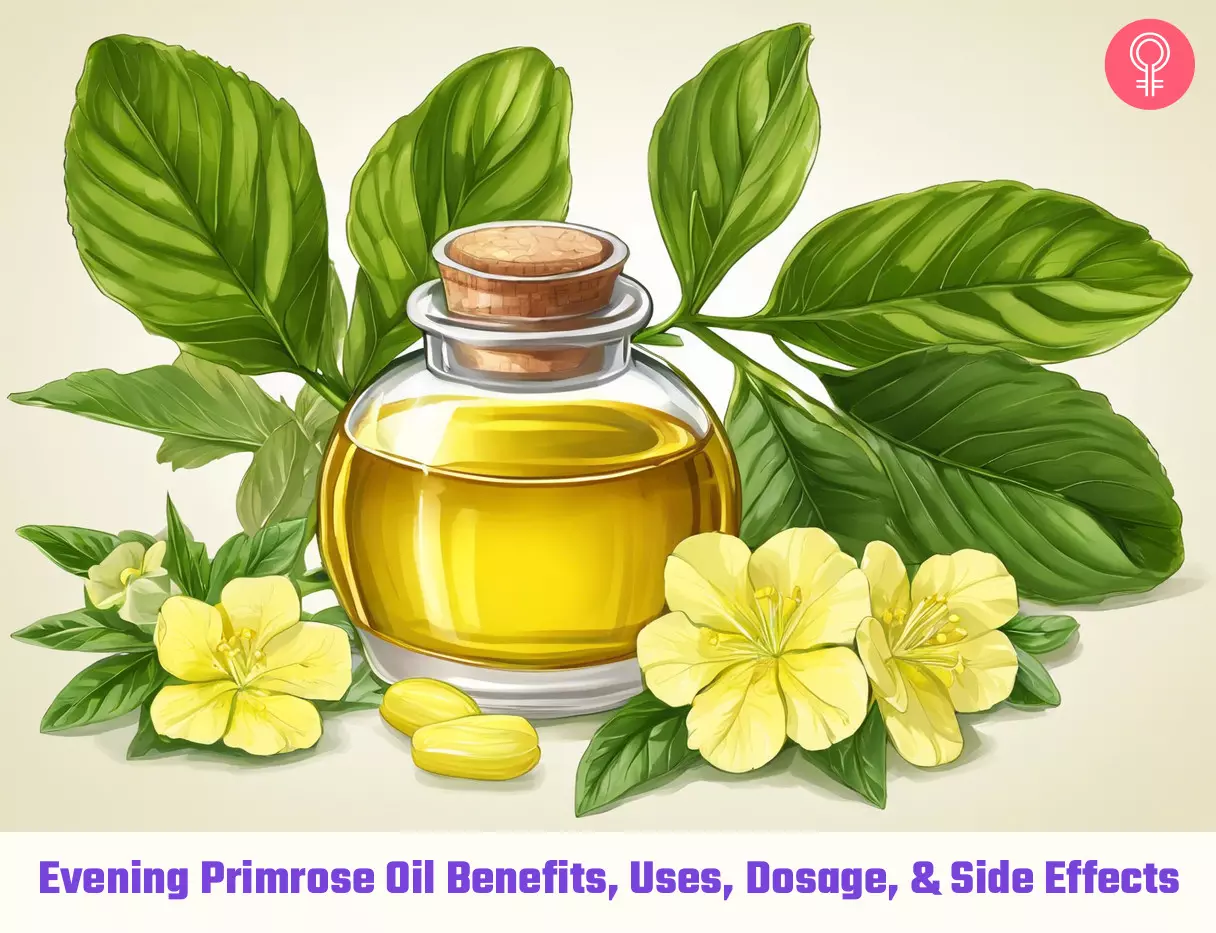
Image: Stable Diffusion/StyleCraze Design Team
Discover the amazing benefits and uses of evening primrose oil. Watch the video below to learn how to use it to improve your skin, hair, and overall health.
Personal Experience: Source
StyleCraze's articles are interwoven with authentic personal narratives that provide depth and resonance to our content. Below are the sources of the personal accounts referenced in this article.
i. I Used Evening Primrose Oil For Hormonal Acne| Results After 4 Months!https://www.youtube.com/watch?v=qiLb4goFZ9U
References
Articles on StyleCraze are backed by verified information from peer-reviewed and academic research papers, reputed organizations, research institutions, and medical associations to ensure accuracy and relevance. Read our editorial policy to learn more.
- The Effect of Evening Primrose Oil for the Prevention of XeroticCheilitis in Acne Patients Being Treated with Isotretinoin: A Pilot Study
https://www.ncbi.nlm.nih.gov/labs/pmc/articles/PMC4252667/ - Omega-3 Versus Omega-6 Polyunsaturated Fatty Acids in the Prevention and Treatment of Inflammatory Skin Diseases
https://pubmed.ncbi.nlm.nih.gov/31979308/ - Supplementation with evening primrose oil in atopic dermatitis: Effect on fatty acids in neutrophils and epidermis
https://aocs.onlinelibrary.wiley.com/doi/abs/10.1007/BF02536604 - Effect of Evening Primrose Oil on Korean Patients With Mild Atopic Dermatitis: A Randomized Double-Blinded Placebo-Controlled Clinical Study
https://www.ncbi.nlm.nih.gov/labs/pmc/articles/PMC6029968/ - The effect of oral evening primrose oil on menopausal hot flashes: a randomized clinical trial
https://pubmed.ncbi.nlm.nih.gov/23625331/ - The Effect of Evening Primrose Oil Capsule on Hot Flashes and Night Sweats in Postmenopausal Women: A Single-Blind Randomized Controlled Trial
https://www.ncbi.nlm.nih.gov/labs/pmc/articles/PMC8102809/ - The role of essential fatty acids and prostaglandins in the premenstrual syndrome
https://pubmed.ncbi.nlm.nih.gov/6350579/ - Femicomfort in the Treatment of Premenstrual Syndromes: A Double-Blind Randomized and Placebo Controlled Trial
https://www.ncbi.nlm.nih.gov/labs/pmc/articles/PMC3430493/ - Effect of dietary supplementation with evening primrose oil on vascular thrombogenesis in hyperlipemic rabbits
https://pubmed.ncbi.nlm.nih.gov/9798993/ - Evening primrose oil ameliorates platelet aggregation and improves cardiac recovery in myocardial-infarct hypercholesterolemic rats
https://www.ncbi.nlm.nih.gov/labs/pmc/articles/PMC3961099/ - The Effect of γ-Linolenic Acid on Human Diabetic Peripheral Neuropathy: A Double-blind Placebo-controlled Trial
https://onlinelibrary.wiley.com/doi/abs/10.1111/j.1464-5491.1990.tb01397.x - The Changes in Rats with Sciatic Nerve Crush Injury Supplemented with Evening Primrose Oil: Behavioural Morphologic and Morphometric Analysis
https://pubmed.ncbi.nlm.nih.gov/28620418/ - A case of human linolenic acid deficiency involving neurological abnormalities
https://pubmed.ncbi.nlm.nih.gov/6801965/ - Associations of Polyunsaturated Fatty Acid Intake with Bone Mineral Density in Postmenopausal Women
https://www.hindawi.com/journals/jos/2015/737521/ - Associations of Polyunsaturated Fatty Acid Intake with Bone Mineral Density in Postmenopausal Women
https://www.ncbi.nlm.nih.gov/labs/pmc/articles/PMC4346685/ - Calcium gamma-linolenic acid and eicosapentaenoic acid supplementation in senile osteoporosis
https://link.springer.com/article/10.1007/BF03339885 - A systematic review of omega-3 fatty acids and osteoporosis
https://www.ncbi.nlm.nih.gov/labs/pmc/articles/PMC3899785/ - Herbal therapy for treating rheumatoid arthritis
https://pubmed.ncbi.nlm.nih.gov/21328257/ - Evening primrose oil in patients with rheumatoid arthritis and side-effects of non-steroidal anti-inflammatory drugs
https://pubmed.ncbi.nlm.nih.gov/1913008/ - Clinical Benefits of n-3 PUFA and ɤ-Linolenic Acid in Patients with Rheumatoid Arthritis
https://www.mdpi.com/2072-6643/9/4/325 - Dose-Dependent Effects of Evening Primrose Oil in Children and Adolescents with Atopic Dermatitis
https://www.ncbi.nlm.nih.gov/labs/pmc/articles/PMC3756191/ - Role of Arachidonic Acid in Promoting Hair Growth
https://www.ncbi.nlm.nih.gov/labs/pmc/articles/PMC4737836/ - The effect of evening primrose oil on fatigue and quality of life in patients with multiple sclerosis
https://www.ncbi.nlm.nih.gov/labs/pmc/articles/PMC6003444/ - Vitamin E and evening primrose oil for management of cyclical mastalgia: a randomized pilot study
https://pubmed.ncbi.nlm.nih.gov/20359269/ - Evening primrose oil
https://pubmed.ncbi.nlm.nih.gov/20000302/ - Oral evening primrose oil: its effect on length of pregnancy and selected intrapartum outcomes in low-risk nulliparous women
https://pubmed.ncbi.nlm.nih.gov/10380450/ - Herb–Drug Interaction in Inflammatory Diseases: Review of Phytomedicine and Herbal Supplements
https://www.ncbi.nlm.nih.gov/pmc/articles/PMC8951360/ - Evening Primrose (Oenothera biennis) Oil in Management of Female Ailments
https://www.ncbi.nlm.nih.gov/pmc/articles/PMC6718646/ - Evening primrose oil reducing serum lithium concentration
https://www.ncbi.nlm.nih.gov/pmc/articles/PMC5036139/ - A double-blind evaluation of evening primrose oil as an antiobesity agent
https://pubmed.ncbi.nlm.nih.gov/6360923/
Read full bio of Nilofar Pendhari
Read full bio of Sindhu Koganti
Read full bio of Ravi Teja Tadimalla
Read full bio of Aparna Mallampalli





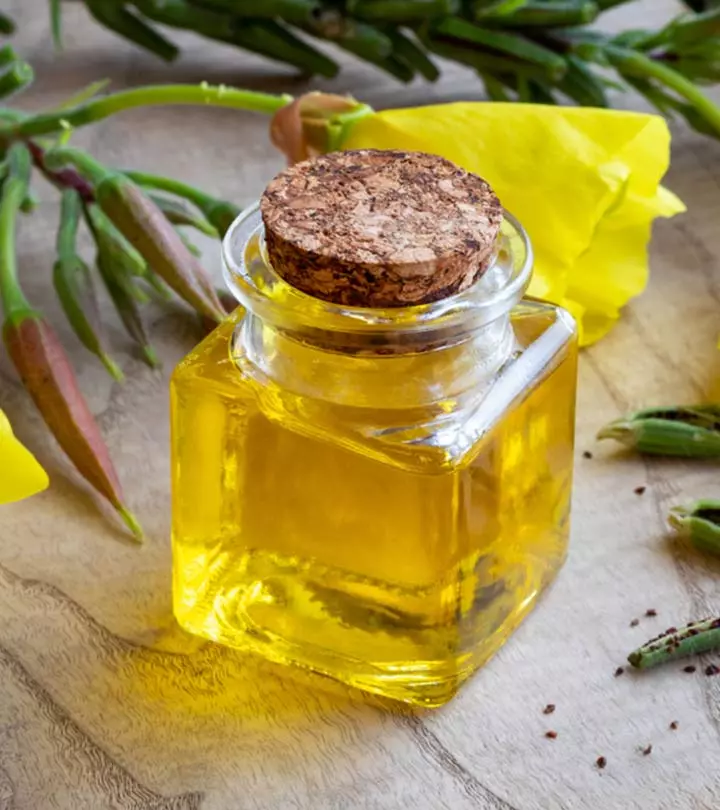
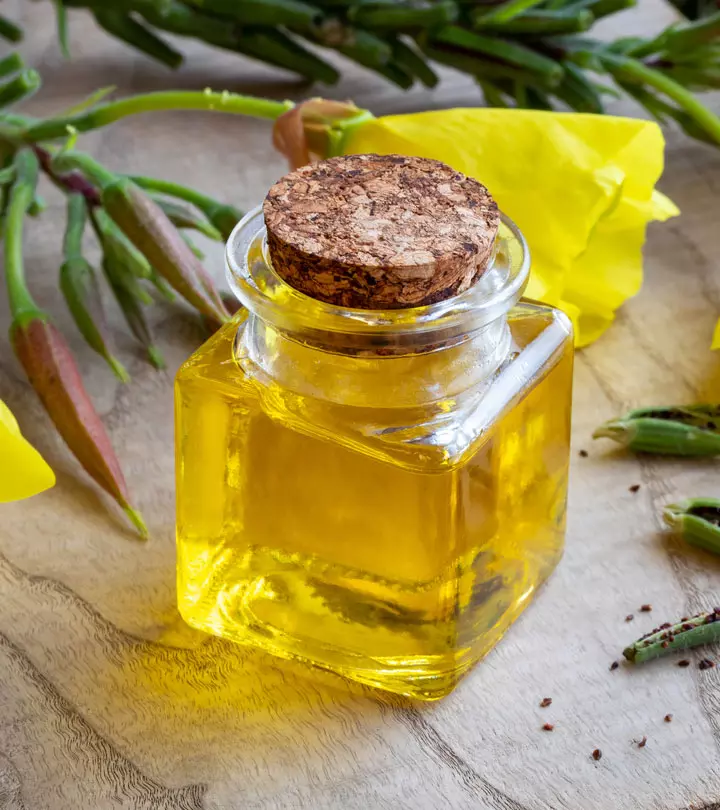
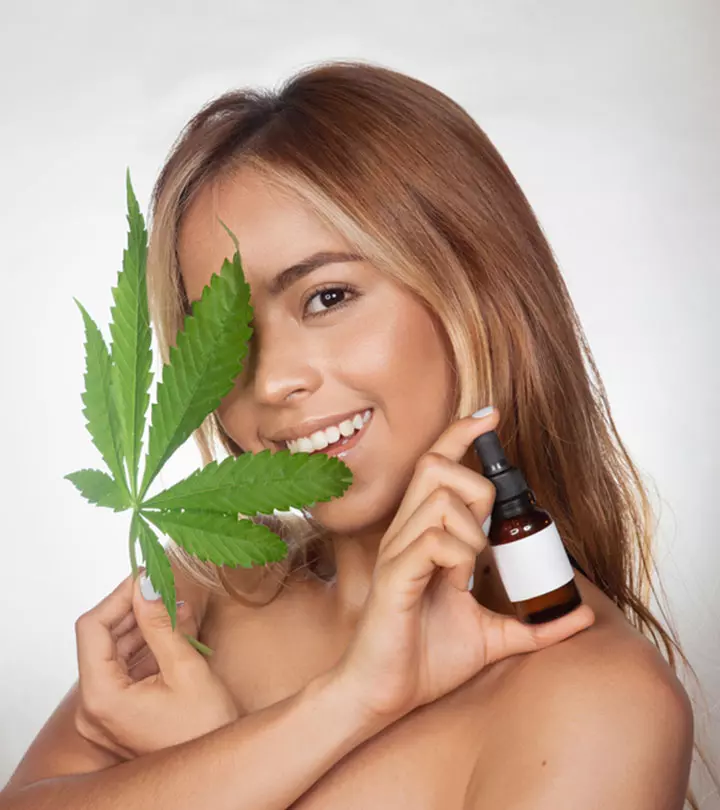

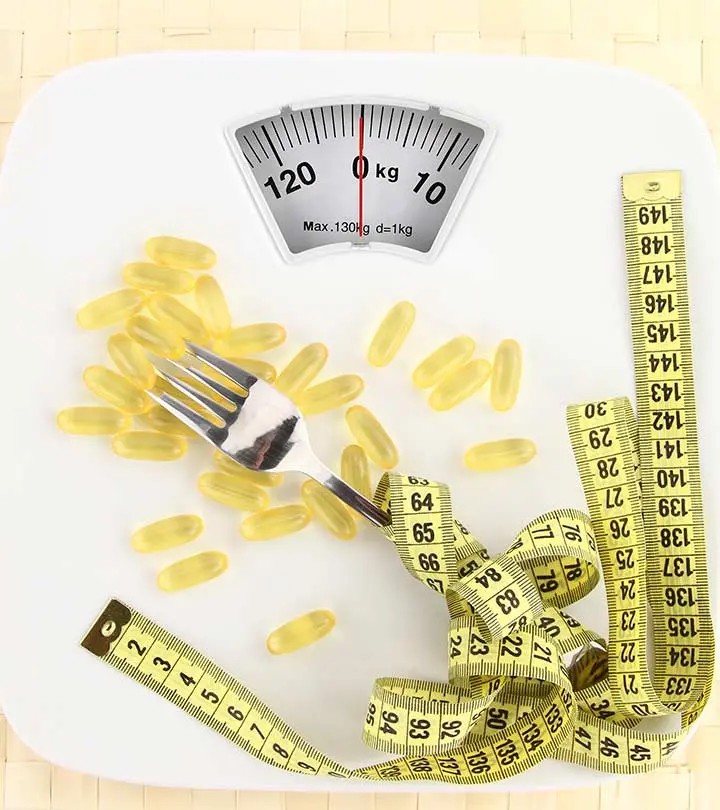
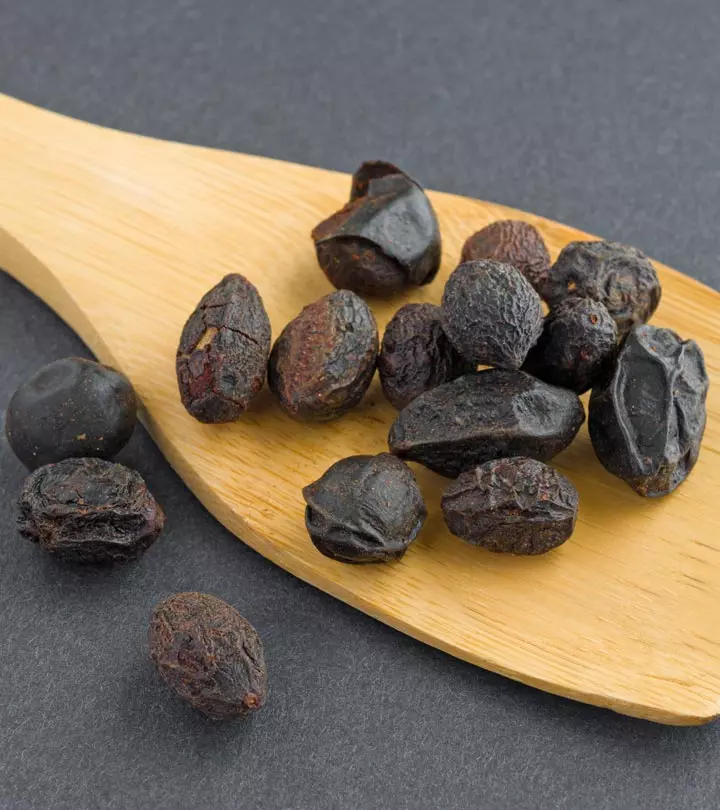


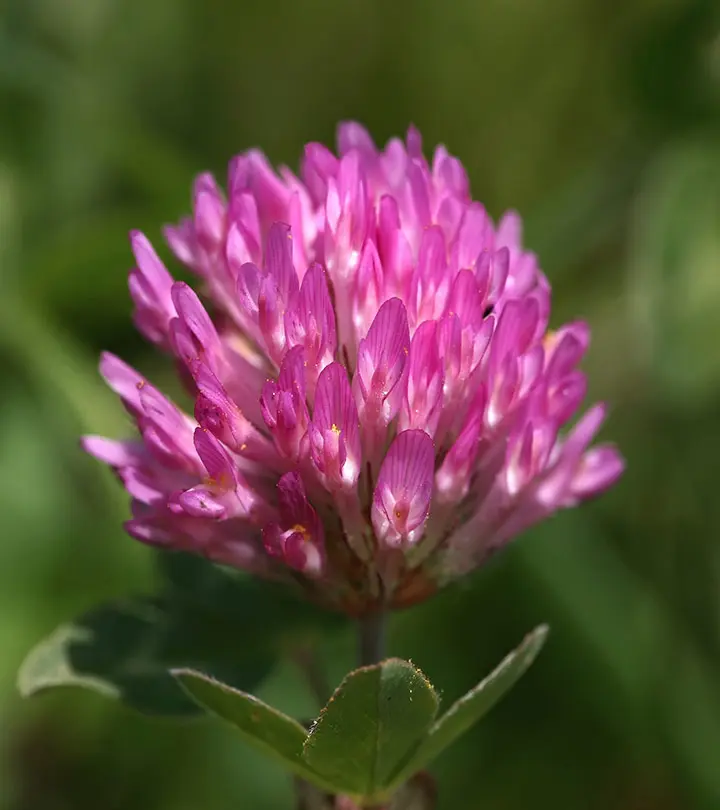
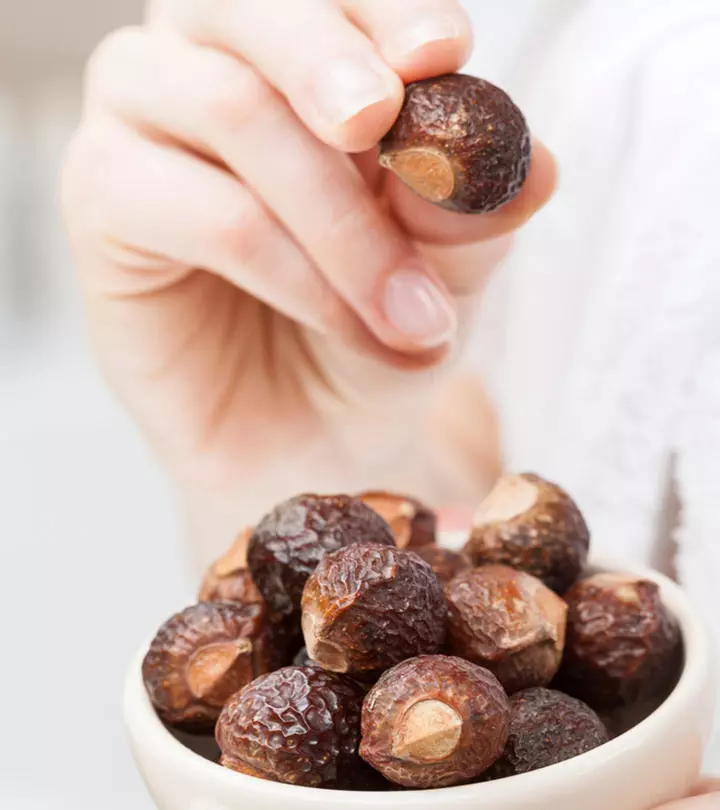
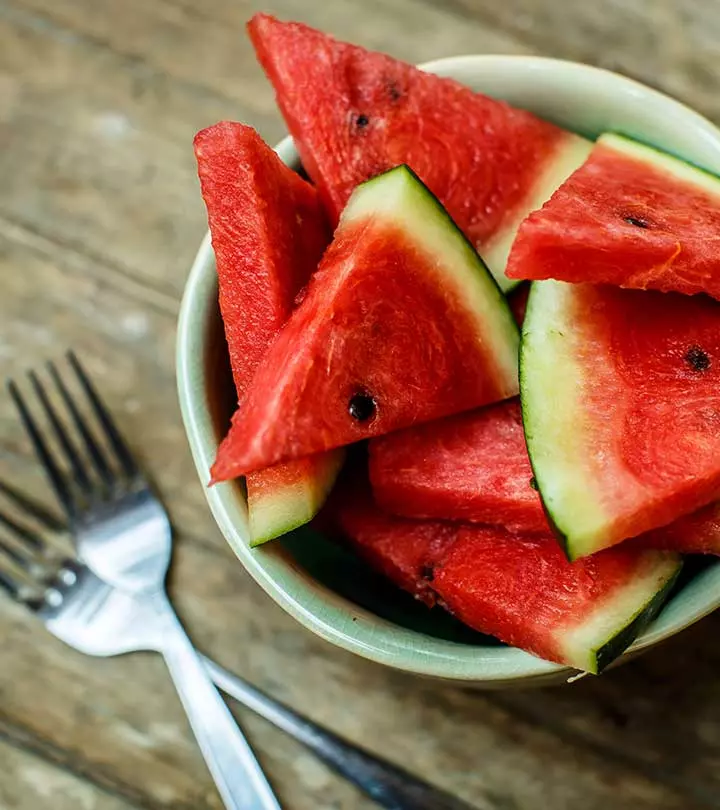
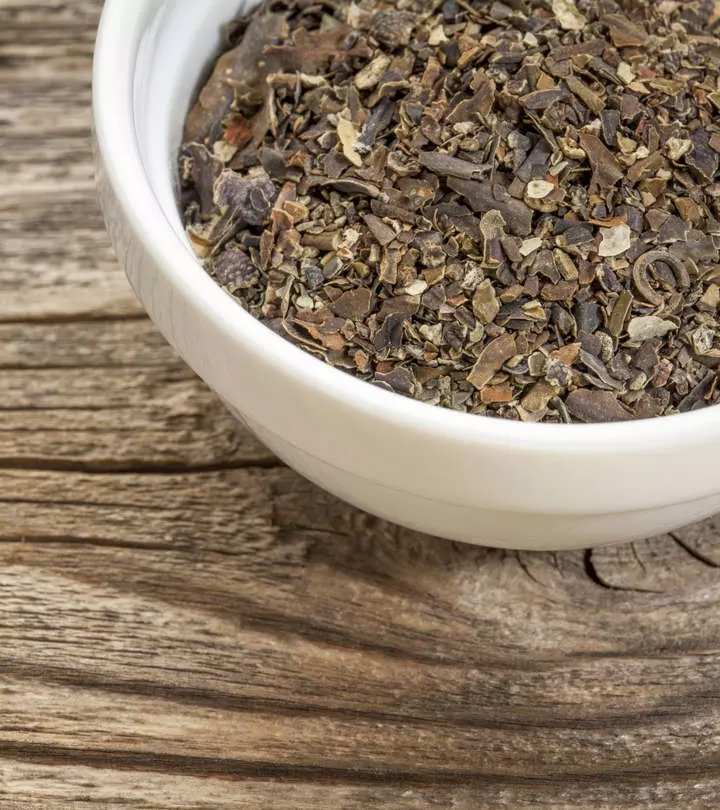
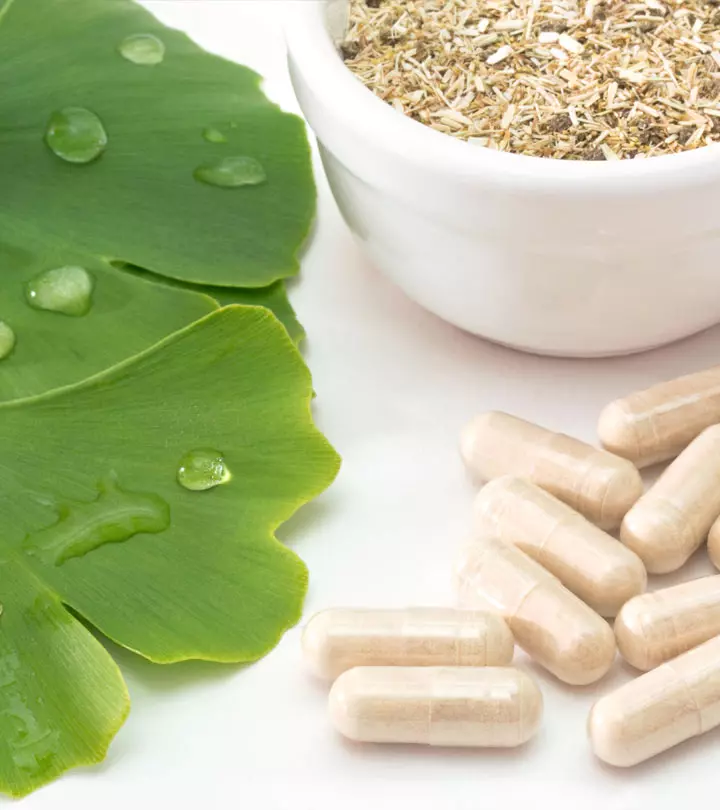
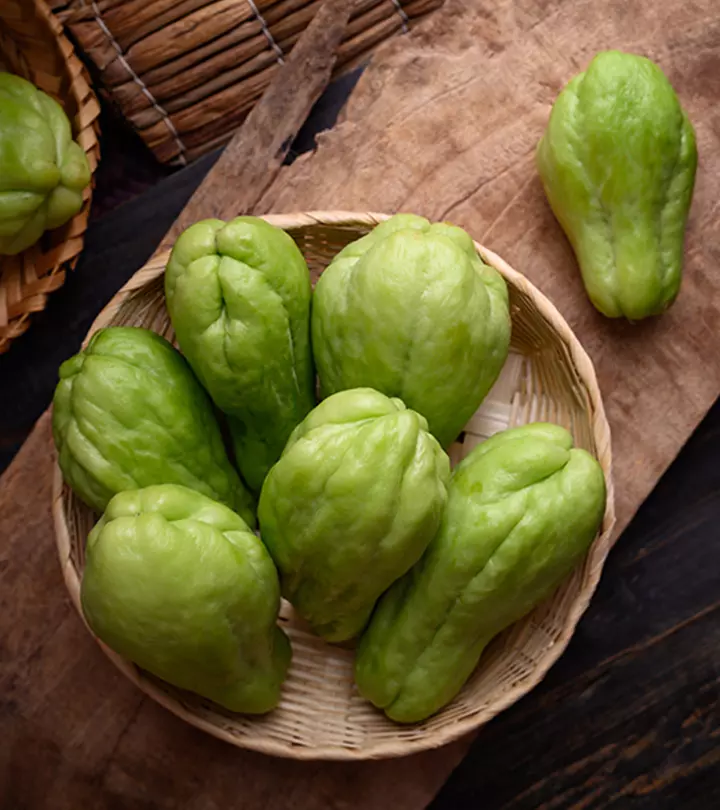
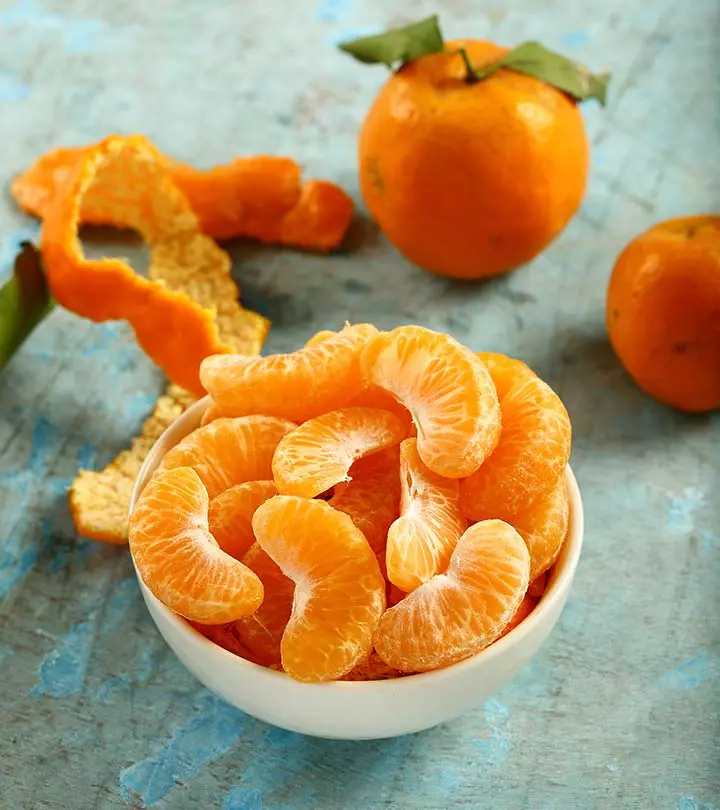



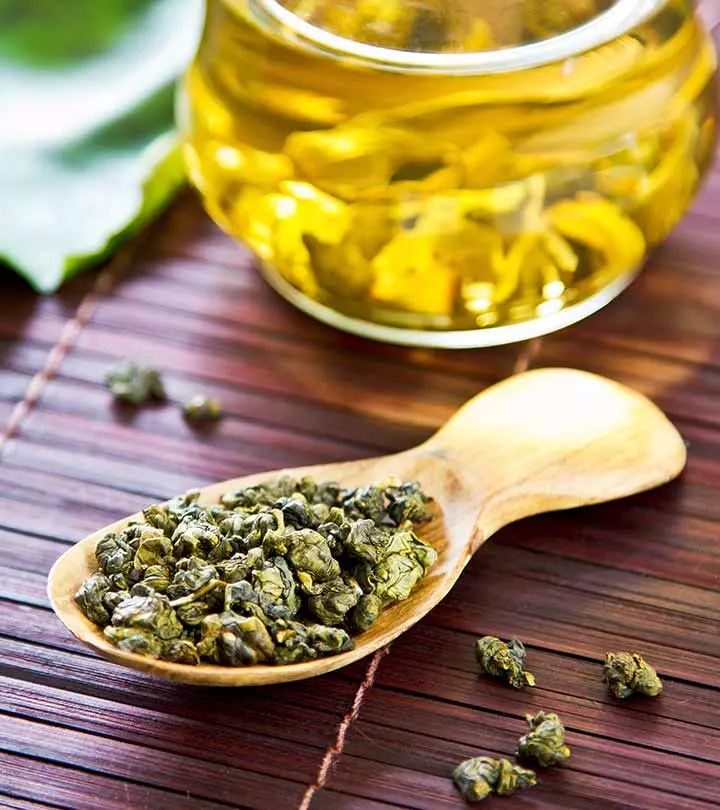

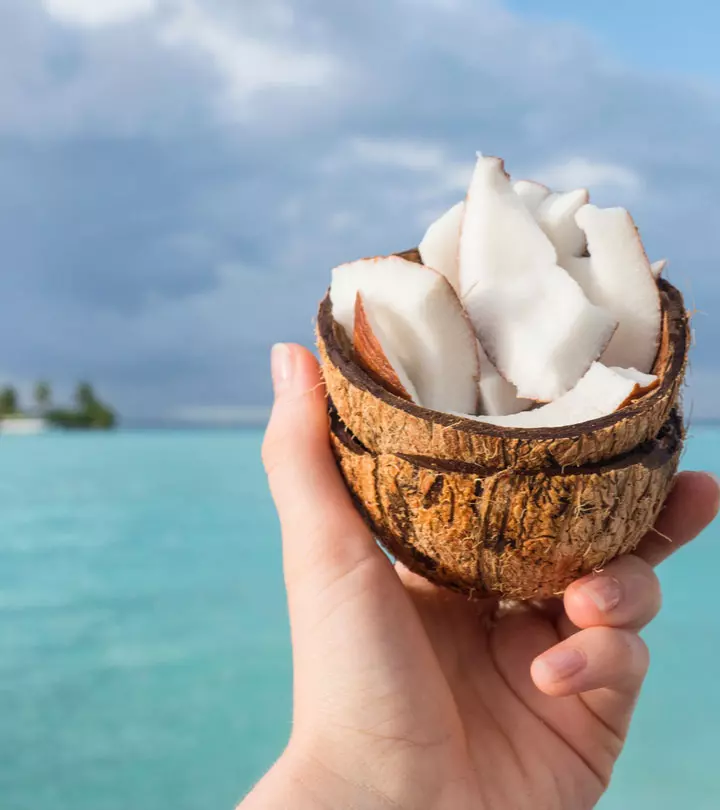
Community Experiences
Join the conversation and become a part of our empowering community! Share your stories, experiences, and insights to connect with other beauty, lifestyle, and health enthusiasts.